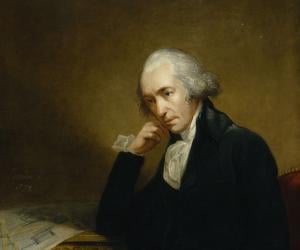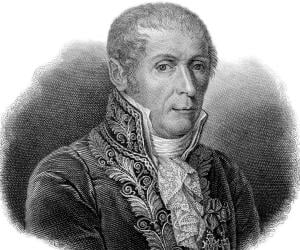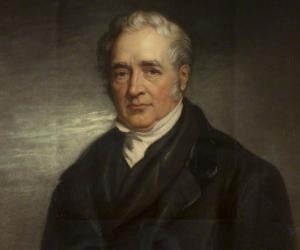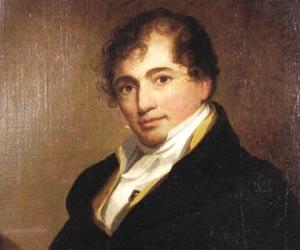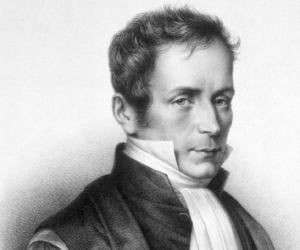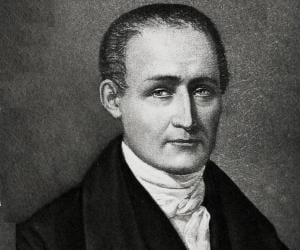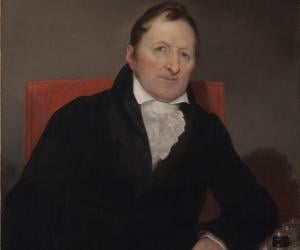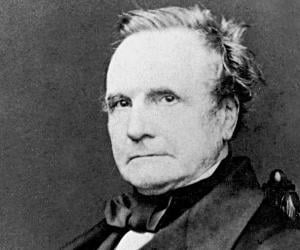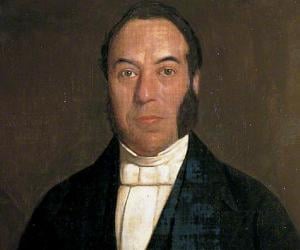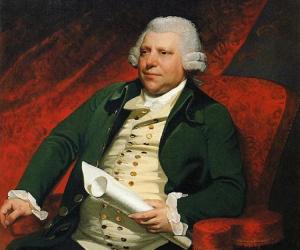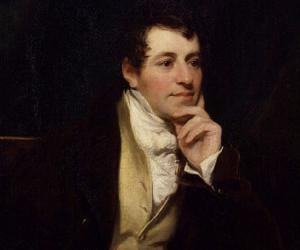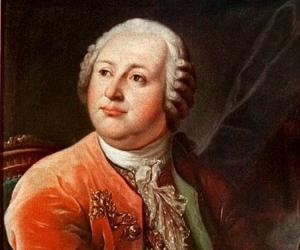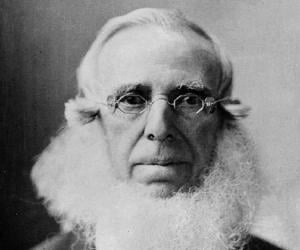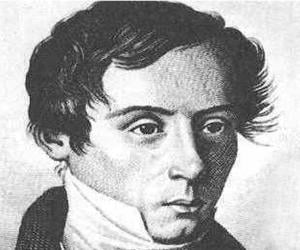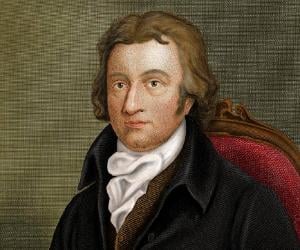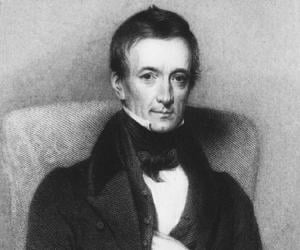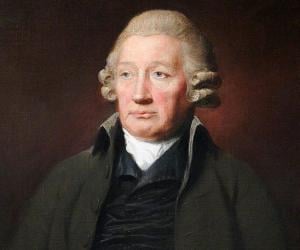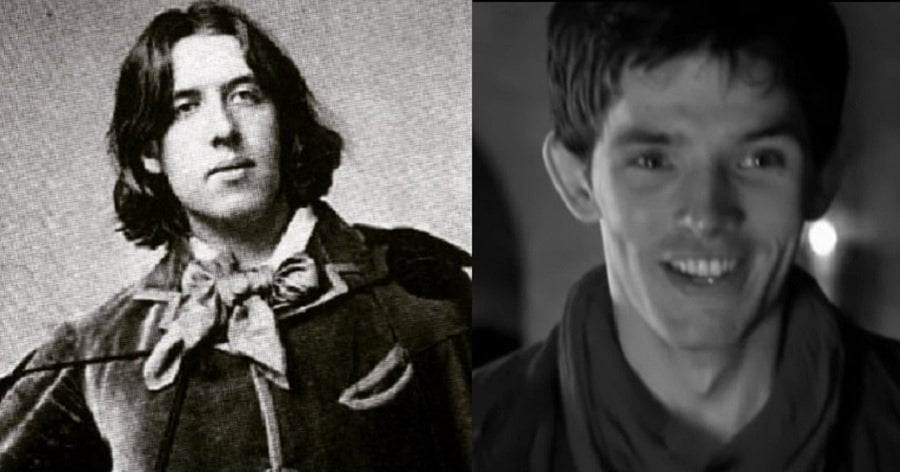George Stephenson was a British mechanical and civil engineer. Stephenson is credited with pioneering rail transport which is widely regarded as one of the most prominent inventions of the 19th century. Regarded as the Father of Railways, George Stephenson is also credited with developing the standard rail gauge which is used by several railways around the world.
Nicéphore Niépce revolutionized science by inventing heliography and made the first permanent photographic image. He had initially been part of Napoleon’s army but had to quit due to his failing health. The Niépce Prize is awarded to a photographer every year in France, in his honor.
Benjamin Franklin is considered one of the founding fathers of the United States as he was a signer of both the Declaration of Independence and the Constitution. He was a writer, politician, scientist, inventor, civic activist, an accomplished diplomat and much more. He is a key figure in the history of physics for his discoveries and theories regarding electricity.
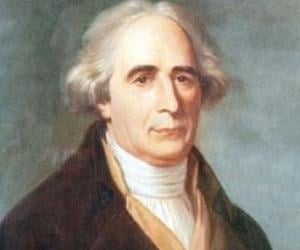
Joseph-Michel Montgolfier was a French aviation pioneer and balloonist. Along with his brother Jacques-Étienne, he invented the Montgolfière-style hot air balloon and launched the first confirmed piloted ascent by man in 1783. The first ascent carried Jacques-Étienne. The innovative brothers also invented a process to manufacture transparent paper. Joseph invented the self-acting hydraulic ram as well.
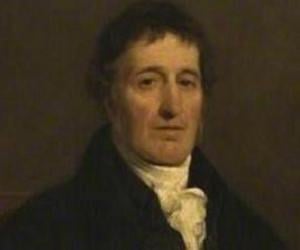
Scottish engineer William Murdoch initially worked for the firm of Matthew Boulton and James Watt. He later made a host of inventions and was the first to use coal gas for illumination. He was also known for his work on steam energy and invented the oscillating engine and the D slide valve.
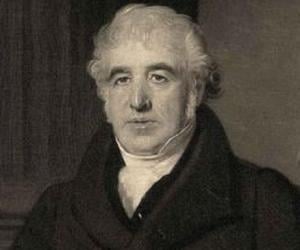
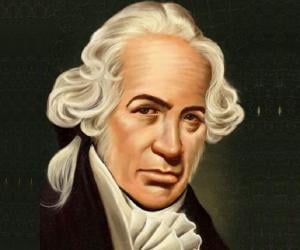
Daniel Gabriel Fahrenheit was a scientific instrument maker, inventor, and physicist. One of the most prominent and influential personalities of the Dutch Golden Age of science and technology, Fahrenheit is credited with many important inventions, including the mercury-in-glass thermometer and Fahrenheit scale. His inventions helped shape the history of thermometry.
Richard Trevithick was a British mining engineer and inventor. A pioneer of rail transport and steam-powered vehicles, Trevithick is credited with developing the first working railway steam locomotive and the first high-pressure steam engine. He was a highly respected figure in the fields of engineering and mining during the peak of his career.
Initially a wig-maker, Richard Arkwright later grew an interest in the spinning mechanism, building the Arkwright’s water frame, which used water power to produce cotton yarn. He soon became a name to reckon with in the textile industry, with many mills to his name. He was knighted for his feats.
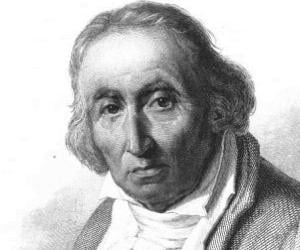
Best remembered for his invention of the Davy lamp, a safety lamp for miners, Humphry Davy initially aspired to be a doctor but later deviated to chemistry. The Copley Medal winner had co-founded the Zoological Society of London. He also excelled in writing poetry and loved fishing.
Russian polymath Mikhail Lomonosov was born to a fisherman father and left his village later to satiate his hunger for knowledge. Apart from reforming Russian language and literature, he also made the first colored glass mosaic in his country and discovered the atmosphere of Venus. He loved simple life.
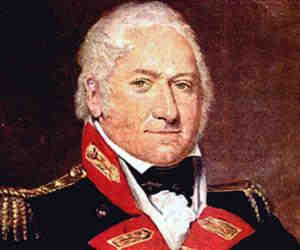
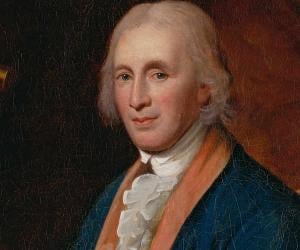
American astronomer, inventor, mathematician, clockmaker and surveyor David Rittenhouse, who served as first director of the United States Mint and remained a member of the American Philosophical Society, made several significant breakthroughs for the US. His achievements include discovering the atmosphere of Venus and observing its transit, becoming the first American to sight Uranus, and completing an advanced orrery.
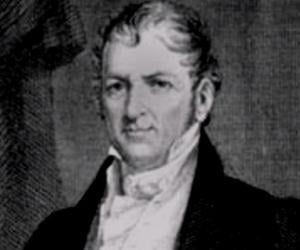
Nicolas-Joseph Cugnot was a French inventor best remembered for building the Fardier à vapeur, the world's first automobile. Fardier à vapeur was the first working self-propelled mechanical land-vehicle. Built in 1769, the vehicle accidentally knocked down a stone or brick wall in 1771, an incident which is widely regarded as the first known automobile accident in the world.
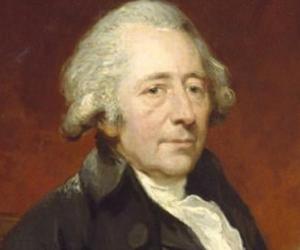
British manufacturer and engineer Matthew Boulton is best remembered as the financier of Scottish engineer James Watt’s pathbreaking steam engine. His Soho Manufactory initially produced metal parts, and he later stepped into John Roebuck’s shoes to partner with Watt, after Roebuck went bankrupt. He also established the Soho Mint.
Augustin-Jean Fresne, best remembered for his pioneering research on the wave theory of light, was a sickly child and was mostly homeschooled in his early days. The French physicist was a civil engineer, too. Unfortunately, most of his scientific work failed to receive public attention during his lifetime.
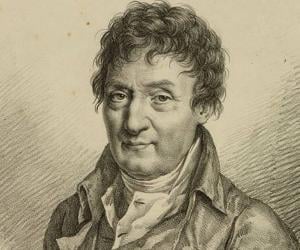
Best known for developing the Charles’s law, which explains the expansion of gases when heated, Jacques Charles was a prominent French physicist. He was the first to ascend in a hydrogen-filled gas balloon, thus pioneering hot-air balloon flight. The Académie des Sciences member later became a professor of physics.
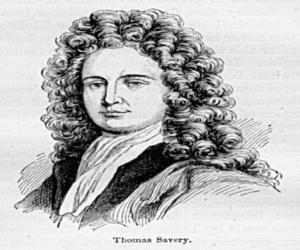
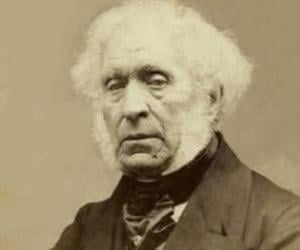
David Brewster was a British scientist, inventor, and author. He conducted many experiments in physical optics, especially concerned with the study of the polarization of light. Fellow scientist William Whewell dubbed him the "father of modern experimental optics." He was also a pioneer in photography and invented an improved stereoscope. He wrote numerous works of popular science as well.
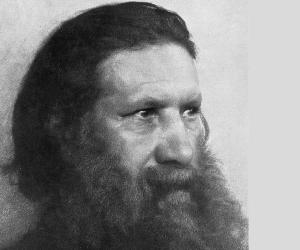

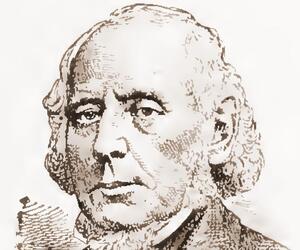
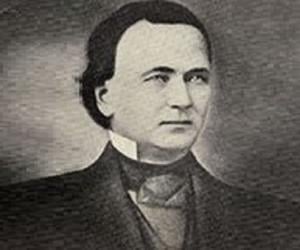
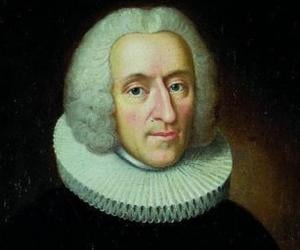
Danish-Norwegian missionary Hans Egede served the Lutheran Church. Known for his missionary campaigns in Greenland, he earned the nickname the Apostle of Greenland. He established Greenland’s capital, Nuuk, and lived among the Inuit community. He also translated books into Inuit and is revered as the National Saint of Greenland.
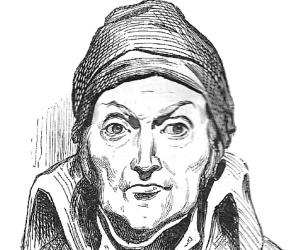
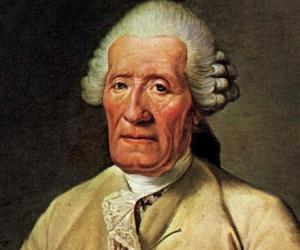
Jacques de Vaucanson was a French artist and inventor. He is credited with creating impressive and innovative automata. De Vaucanson was also the first inventor to design an automatic loom. His ideas for the automation of the weaving process were later perfected by Joseph Marie Jacquard, who created the Jacquard machine.
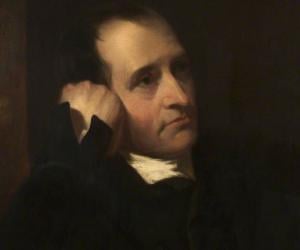
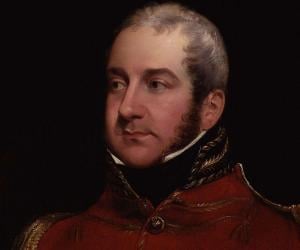
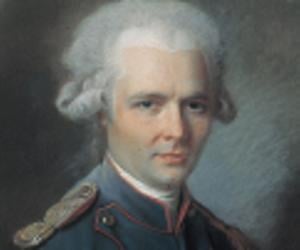
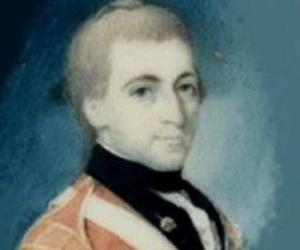
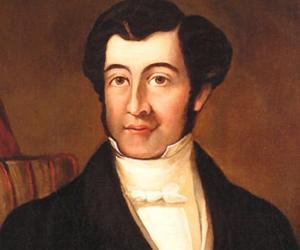
Joseph Bramah started his career as a cabinet maker and over time, revolutionized the lock-making industry with his pick-proof locks. Along with blacksmith Henry Maudslay, he changed the course of 19th-century British manufacturing. Best known for his hydraulic press, he also built water closets in Queen Victoria’s home.
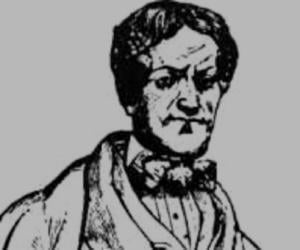
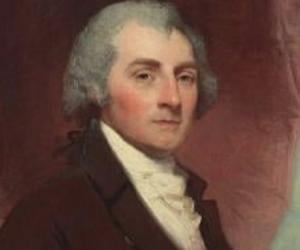
British-American William Thornton was initially trained in medicine and that is when he began drawing and sketching as part of his medical notes. He later won a contest for the design of the Library Company of Philadelphia's new hall. He also designed the Capitol in Washington, D.C.
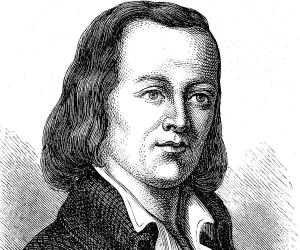
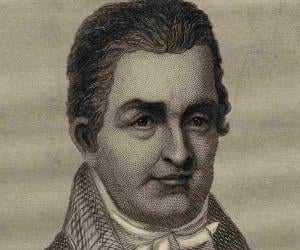
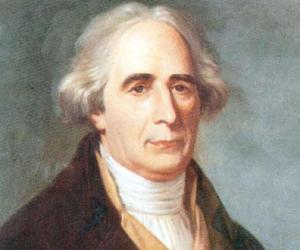

While he initially apprenticed under a lock maker, he later joined the factory of Sir Marc Isambard Brunel, where he invented scores of machines, the most notable of them being the metal lathe. He also developed plane surfaces to aid his workmen at his factory. He was married to inventor Joseph Bramah's housemaid.

Known as an eccentric thinker, Wolfgang von Kempelen is best remembered for his automatic chess-playing machine The Turk and his speaking machine. The Turk eventually turned out to be a hoax, designed by Kempelen to impress Maria Theresa, the Austrian Empress, and had human chess players operating it.

